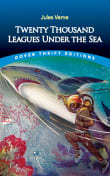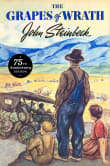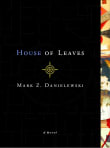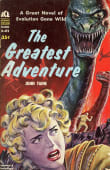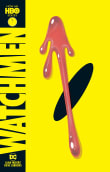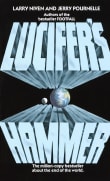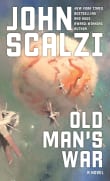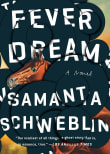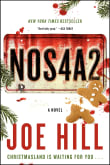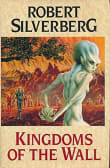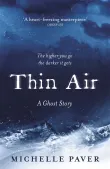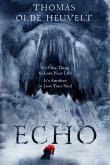At the Mountains of Madness
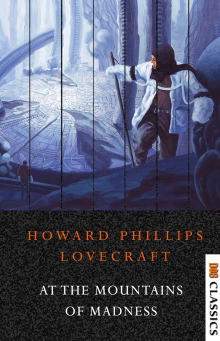
Book description
At the Mountains of Madness is a science fiction-horror novella by American author H. P. Lovecraft.
An expedition to Antarctica goes horribly wrong as a group of explorers stumbles upon some mysterious ancient ruins, with devastating consequences. At the Mountains of Madness ranks among Lovecraft's most terrifying novellas, and is…
Why read it?
6 authors picked At the Mountains of Madness as one of their favorite books. Why do they recommend it?

I am not frightened by Cthulhu, the tentacled monsters waiting in the depths of outer space or the ocean. I am mesmerized by them. Lovecraft, often labeled a horror writer, is one of the greatest literary fantasists. His imagination is boundless, and he is as adept at describing strange new environments as he is at evoking a sense of cosmic dread.
This classic novel combines Lovecraft’s signature monsters with an incredible dreamlike atmosphere that grips you and does not let you go. When you stand at the summit of the Mountains of Madness and glimpse what lies on the other…
From Elana's list on mountain climbing for non-climbers.

I love this one for its extremes of thought rather than any extremes of violence, though it implies the slaughter of an entire civilization. It’s the mountains and the mountains beyond mountains, each range more sublime than the last, more likely to dash your comprehension against their rocks, that is the genius here, the idea that no matter how horrific something seems, what’s really horrific is always right behind it, outside your capacity for seeing it completely.
Lovecraft is the master of describing the indescribable, and I think this novella is where he does it best. (Un)Naturally, the book’s greatest…
From L.'s list on horror for stretching your mind to extremes.

I took a deep dive into Lovecraft’s oeuvre this year in an effort to make my way through Alan Moore’s fantastic “Providence” (which constantly references HPL).
At the Mountains of Madness clearly stands out as his magnum opus. After a long, suspenseful trip to Antarctic wastelands, we discover an origin story for much of Lovecraft’s entire mythos, in the form of the “Elder Gods”, who despite their utter otherness still invoke our sympathies.
The love and detail which Lovecraft puts into describing these creatures and what they were attempting to do is mesmerizing, and I’m surprised how often I’ve returned…

This book is the best and most accessible touchstone for Lovecraft’s particular brand of cosmic horror and, certainly, the sheer madness he exposes us to by the end of the book is something to behold.
But where it really shines is in the opening chapters, where it at first seems like this is to be a simple Arctic expedition. The isolation and bleakness of the setting combine perfectly with the unknown to make some of the most ambitious ideas in all horror become fiercely believable and all the more terrifying for it.
From Nicholas' list on horror that build a deep and unshakeable sense of dread.

A revolutionary, especially for the time period, development of cosmic horror elucidated to the reader in a then rarely used first-person perspective. The utter insignificance of mankind, in relation to the grand time span of the cosmos. As well as the almost perfunctory inclusion of a nubile human race in relation to a much vaster multiverse, definitely set a precedence for all expansions of the borders of consciousness to come. Way ahead of his time, the mythos of HP Lovecraft were vastly underappreciated in their day, but have become the inspiration for a whole slew of successful modern authors.
From Dan's list on speculative fiction because one genre is limiting.

Horrors in Antarctica again, but this time designed to frighten. Along with a detailed description (maybe too detailed) of what the well-equipped Antarctic expedition needed to survive a journey to the Southernmost Continent back in 1930, Lovecraft introduces us to gibbering horrors from beyond the stars. What differentiated much of Lovecraft’s fiction from that of his contemporaries was that his space aliens were neither friend nor foe. Reflecting the author’s view of a terrifyingly vast and cold cosmos, they were largely indifferent to us. Mostly, they could care less if we chose to interact with them or their minions or…
From Alan's list on pre-1935 science fiction for modern readers.
Want books like At the Mountains of Madness?
Our community of 12,000+ authors has personally recommended 84 books like At the Mountains of Madness.
